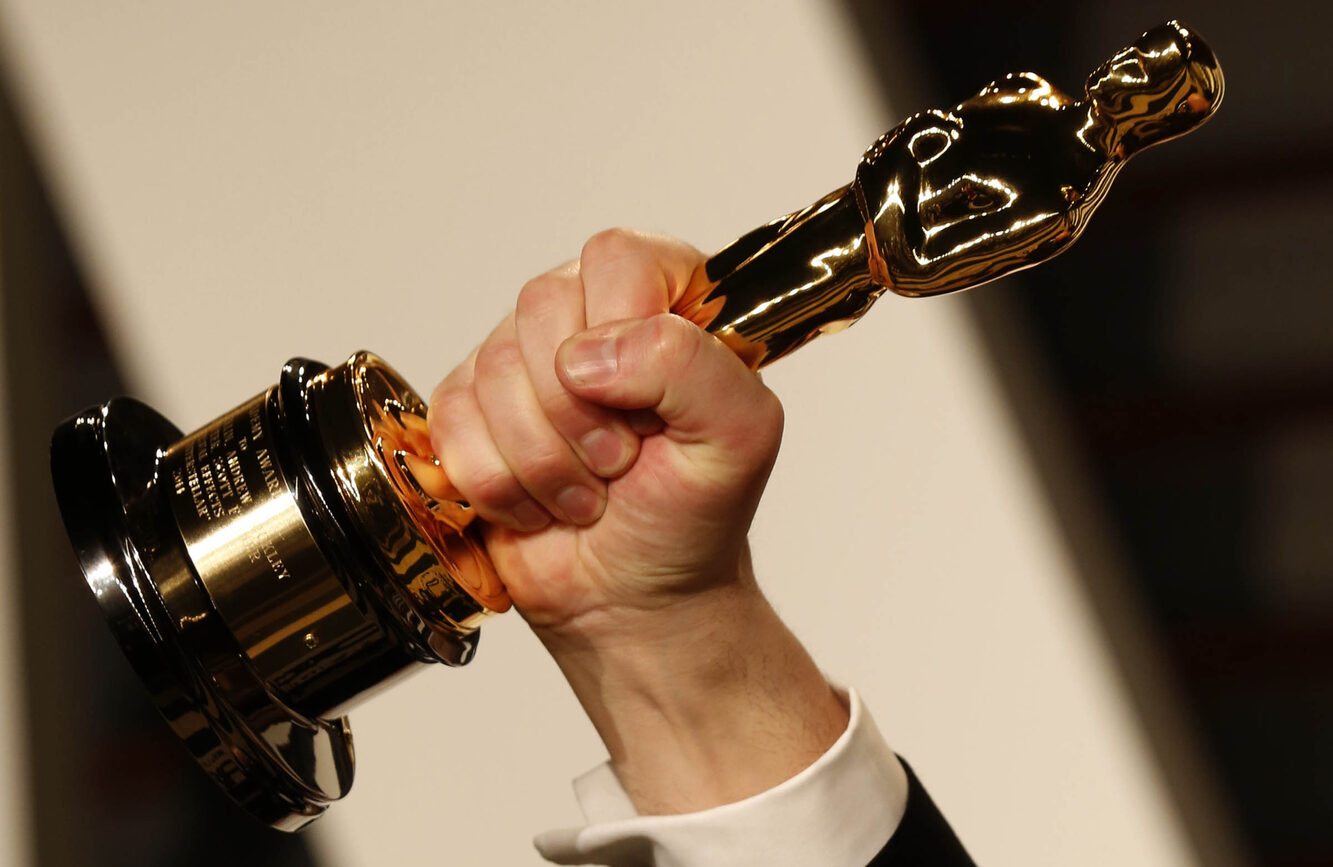Beyond the Trophies: Betting on Fan Reactions and Social Sentiment

The sports betting world has exploded beyond traditional win-loss wagers, and one of the most fascinating frontiers involves something you can’t measure with a stopwatch or scoreboard: human emotion. Welcome to the wild world of betting on fan reactions and social sentiment, where your Twitter feed might be more valuable than any stat sheet.
The Rise of Emotion-Based Betting
Gone are the days when sports betting was limited to predicting final scores or championship winners. Today’s sportsbooks are tapping into the collective consciousness of fandoms, offering odds on everything from crowd reactions to viral moments. This shift represents a fundamental change in how we think about sports entertainment – it’s not just about what happens on the field, but how millions of people react to it in real time.
The concept isn’t entirely new, but social media has supercharged it. When a controversial call happens during a playoff game, bookmakers can now offer odds on whether a specific hashtag will trend within an hour. They’re betting on the speed and intensity of human outrage, joy, or disbelief. It’s like having a pulse on the collective heartbeat of sports culture.
Social Media as the New Scoreboard
Platforms like Twitter/X, TikTok, and Instagram have become unofficial scoreboards for measuring fan sentiment. A single tweet from a star player can move betting lines faster than an injury report. When LeBron James posts a cryptic emoji after a Lakers loss, you can bet someone’s offering odds on what it means and how many retweets it’ll get.
The data is staggering. During major sporting events, social media platforms process millions of posts per minute. Sophisticated algorithms can analyze this flood of content to gauge sentiment in real time, tracking everything from the emotional tone of posts to the velocity of hashtag adoption. For bettors willing to think outside the box, this creates opportunities that have nothing to do with athletic performance.
Consider the 2024 Super Bowl halftime show. While most people were focused on the game itself, savvy bettors were watching social sentiment around the musical performance. Did the artist’s outfit choice spark controversy? Was there a wardrobe malfunction? How quickly did reaction memes spread? These factors became betting opportunities that had zero connection to football but everything to do with cultural impact.
Reading the Digital Tea Leaves
Successful sentiment betting requires a different skill set than traditional sports analysis. Instead of studying injury reports and team statistics, you need to understand internet culture, meme lifecycles, and the psychology of viral content. It’s part sociology, part data science, and part gut instinct about what makes people click “share.”
The key is recognizing patterns in how different fan bases react to various situations. Lakers fans respond differently to adversity than Celtics fans. Chiefs Kingdom has different online behavior patterns than Bills Mafia. Understanding these tribal dynamics can give you an edge when betting on reaction-based props.
Timing is everything in this space. Social sentiment can shift dramatically within minutes of an event. A player celebration that seems harmless might explode into controversy if it’s perceived as disrespectful. A referee’s call that initially draws mild criticism can snowball into a full-blown conspiracy theory if the right influencers pick it up. The bettors who succeed in this arena are the ones who can spot these shifts early and act fast.
The Technology Behind the Madness
Modern sportsbooks employ sophisticated sentiment analysis tools that would make Silicon Valley jealous. These systems can process natural language, detect sarcasm, identify emerging trends, and even predict which content is likely to go viral. Machine learning algorithms trained on years of social media data can spot patterns that human analysts might miss.
But technology only tells part of the story. The most successful sentiment bettors combine data analysis with cultural intuition. They understand that a meme format popular with Gen Z might not resonate with millennial sports fans. They know which celebrities have the social media influence to amplify a moment and which hashtags are likely to catch fire.
Some betting platforms now offer live sentiment odds that update in real time based on social media activity. You might see odds shifting on whether a post-game interview will generate more positive or negative reactions, or whether a particular play will be turned into a viral TikTok trend within 24 hours.
The Psychology of Fan Engagement
At its core, sentiment betting is about understanding human psychology on a massive scale. Sports trigger intense emotional responses, and social media amplifies these feelings exponentially. A stunning upset doesn’t just affect the teams involved – it creates ripple effects across millions of fans who express their reactions online.
This emotional volatility creates opportunities for those who can predict how crowds will react. Will fans be angrier about a blown call or impressed by an opponent’s skill? Will they rally around their team after a tough loss or turn critical? These questions might seem impossible to answer, but patterns emerge when you study fan behavior across multiple seasons and situations.
The phenomenon also reflects our changing relationship with sports consumption. Modern fans aren’t just watching games; they’re participating in a real-time cultural conversation. Their tweets, posts, and reactions become part of the entertainment experience itself. In some ways, betting on fan reactions acknowledges that sports are as much about community and shared experience as they are about athletic competition.
Looking Ahead: The Future of Feeling
As artificial intelligence becomes more sophisticated and social media platforms evolve, sentiment betting will likely become even more nuanced. We might see odds on specific emotional responses measured through biometric data, or bets on how virtual reality will change fan engagement patterns.
The intersection of sports, technology, and human psychology creates endless possibilities for innovative betting markets. While traditional sports betting will always have its place, the future might belong to those who can successfully predict not just what will happen in the game, but how millions of people will feel about it afterward.
In this brave new world of sports entertainment, sometimes the most valuable commodity isn’t athletic talent or strategic brilliance – it’s understanding the beating heart of a fanbase and knowing exactly when it’s going to skip a beat.







